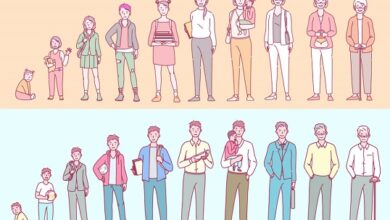Early Childhood Education
Early childhood education is the first stage of basic education . It serves children from zero to five years of age, who are having their first contact with the school, and for this very reason integrates teaching and care, functioning as a complement to family education. But what is the purpose of early childhood education?
Its main objective is to promote in young students the development of physical, motor, cognitive, social and emotional aspects, in addition to encouraging exploration, discoveries and experimentation. It is also at this stage that children begin to interact with people outside their family and community circle, mainly through games and activities that involve playfulness .
Early Childhood Education is the child’s first contact with the school experience and encompasses the important phase of life between 2 and 5 years of age. In this way, it provides the integral development of the individual in its physical, psychological, intellectual and social aspects. Faced with this, it is essential to understand the importance of this school period in the child’s growth and how the school can contribute to the student’s cognitive advancement.
What are the stages of early childhood education?
As mentioned, Early Childhood Education is aimed at the age group from zero to five years old. However, it is only mandatory in Brazil for children aged four and over. Before that, teaching is optional, being done in kindergartens or preschools.
Briefly, we can divide the stages of early childhood education into five groups, separated by age. Are they:
- Nursery: babies up to 11 months,
- Group 1: children aged 1 to 2 years,
- Group 2: children aged 2 years,
- Group 3: children aged 3 years,
- Group 4: children aged 4 years,
- Group 5: children aged 5 years,
The activities for each group include reading, painting, educational games, using puppets, playing with play dough, dancing and much more. The objective in this age group up to five years is to expand the universe of experiences, knowledge and skills of children. For the work of early childhood education to have results, it is essential to have a dynamic, creative, motivating pedagogical work for the little ones.


